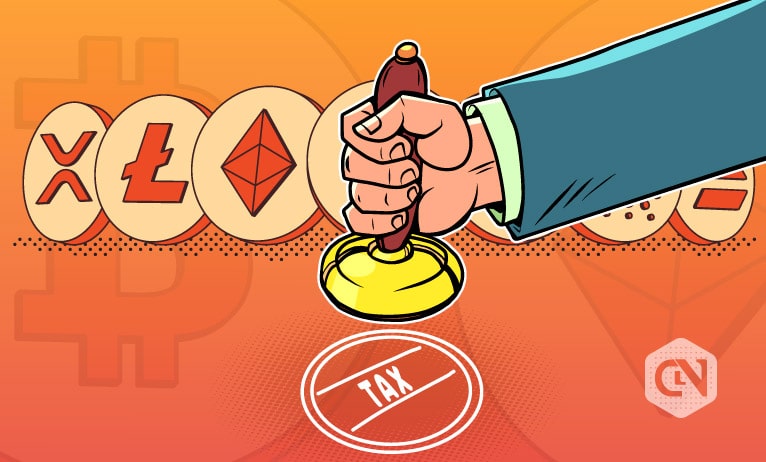This content has been archived. It may no longer be relevant.
It has been obvious for so long that the Indian Government viewed the advent of cryptocurrencies to be a danger to the economy. So, finance minister Nirmala Sitaraman announced various policies related to the crypto industry in the budget for 2022. It included the creation of a new centralized digital currency. However, it was the 30% crypto tax policy that seemed concerning for investors across the country.
As some of the clauses remained ambiguous from the VDA policies, Member of Lok Sabha Karti Chidambaram has demanded clarifications from the ruling administration. In response to the questions raised, MoS Finance Chaudhry said that loss from the transfer of one VDA could not be set off against the grain from another VDA according to section 115BBH of the Income Tax Act, 1961. It means investors have to pay the 30% income tax on every profit they make with regard to the losses in the other assets they might hold.
Advertisement
This clarification came as a shock to many investors in the country. Many have termed this move by the government as ‘detrimental.’ Ashish Singhal, CEO at CoinSwitch, fears that this might push millions of those currently investing in this emerging industry to not comply with the KYC regulations for fear of loss. It would inevitably force everyone to use the peer-to-peer unregulated grey market in place of the regulated platforms and exchanges, he added. In such a situation, the government would have achieved the exact opposite of what they were trying to do in terms of taxing.
The Indian government seems to have intentionally taken a regressive step towards crypto in the parliament. Experts believe that the natural course of action would be to bring crypto on par with other asset classes if the government believed it is an emerging area. CEO Nishchal Shetty claims that treating profit and loss would discourage the growth of the industry in the country. Despite being profitable for the government, it would crush many retail investors in this field. On top of everything, investors have to figure out the income tax for every asset they hold separately, adding to the negative aspects of this new policy.
Advertisement
However, this is not the only concerning aspect of the new bill. Normally, the government allows investors to deduct what is known as the ‘cost of acquisition’ from overall profit. Since the government recognizes crypto mining as a part of the capital expenditure, investors cannot expect subsidies on this. On the other hand, miners complain that it is necessary given the mining cost in India is twice as much as the average cost of the world. This is the reason why the hash rate for mining in India remained way below 1%. The new policies will come into effect on April 1st, 2022.







